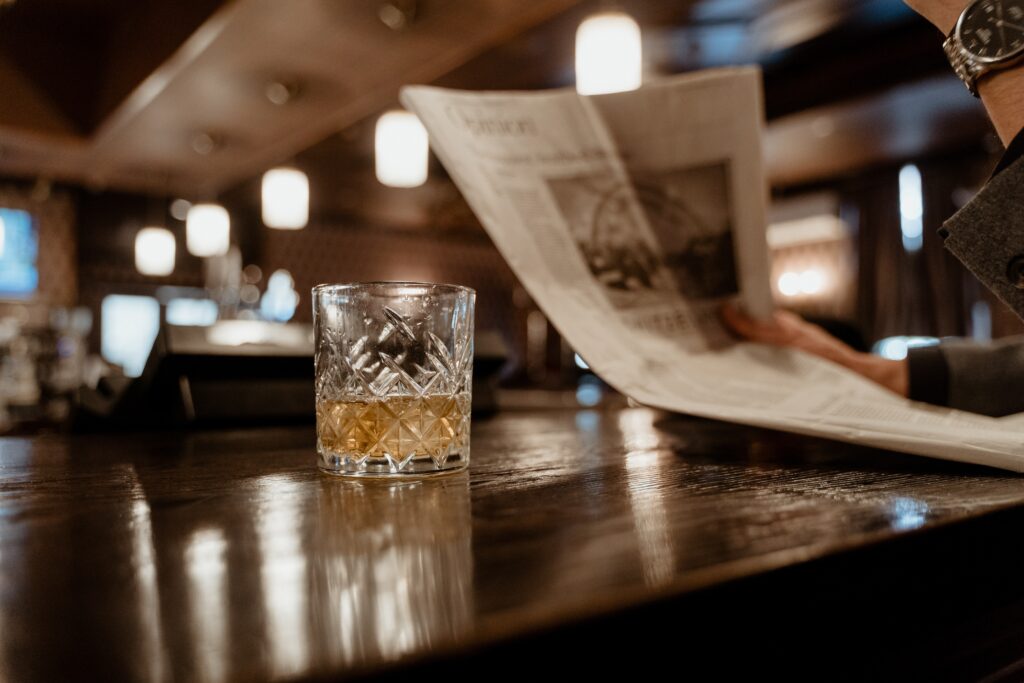We are often conditioned to accept as accurate what the media broadcasts. In this instance, the media were technically correct, but without a complete grasp of the associated expenditures, the figures appear more remarkable than they actually are.

Before the publication of this report, the previous record for a barrel of whisky was £1 million. Unsurprisingly, this left us wondering how the form could have increased rapidly.
The answer rests in the costs that were incorporated into the transaction.
There were around 440 bottles in the ex-sherry barrel, which was the product of the 2014 vatting of two smaller barrels. Notably, the selling records specify that the owner would receive 88 legal bottles every year from the barrel and that the £ 16 million charge includes storage, bottling fees, taxes, duty, distillery visits, import costs, and a £ 1 million gift to charity.
This £16,000,000 price presumably includes around £3,000,000 in UK taxes and duties. It is important to remember that if the buyer is from Hong Kong, for example, they will be subject to a 100 percent import duty – that’s extreme. Still, there are plenty of other countries from which the bottles may be imported, which means that up to £8 million of that price may be to cover import costs!
Therefore, it would be more accurate to say that £16 million is not the price of the barrel but rather the total gross income made by all of the bottles from that barrel.
The setting of the £16 million Ardbeg cask
The Macallan Reach was issued as a limited edition of 288 bottles; at £92,000 a bottle, the cask generated a gross profit of £26,500,000.
The Glenlivet Generations 80-Year-Old was priced at £90,000 for each bottle or £22,500,000 per barrel.
Even the Karuizawa Geishas are priced at around £9,000,000 per barrel, and this is for an unofficial bottling.
Therefore, context and data production are crucial. Rarely are cask prices stated as the cask’s gross profit. Therefore publishing it in this manner makes it appear more remarkable than it actually is.
When broken down, even more minor non-single cask releases produce impressive figures. The Macallan Distil Your World at £3,100 per bottle and 1,000 bottles equal £3,100,000 in gross sales, while the Folio 6 at merely £299 a bottle and a limited edition of 3,000 bottles yields little over £900,000 in gross sales. While the Springbank 30-year-old, priced at £865 and limited to 1,400 bottles, fetches £1,200,000.
The pricing above implies that all sales would occur in the United Kingdom and thus do not include the import fees included in the Ardbeg cask sale.
Compared to other Ardbeg, the price of £36,000 for a bottle of Ardbeg may seem excessive, but is it? First, it’s crucial to note that all of them are bottled by Ardbeg. Thus they are legitimate releases, and the first release will be the oldest Ardbeg ever released at 46 years old. Currently, the oldest Ardbeg is a 40-year-old Signatory Vintage edition that retails independently for £10,000.
The Kingsbury’s 29-year-old Ardbeg bottle sells at auction for $25,000, before taxes are deducted (remember that the bottle will be worth £50,000 by the time it reaches Hong Kong).
Suddenly, the price of £36,000 a bottle for the world’s oldest Ardbeg, which has been officially bottled and includes all taxes, does not seem excessive.
No public relations firm would use the title “Rich Asian Purchases 440 Bottles of the World’s Oldest Ardbeg at a Reasonable Price” since it would not sell the news.